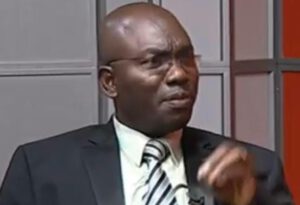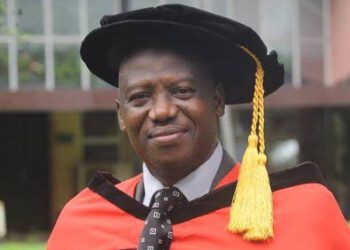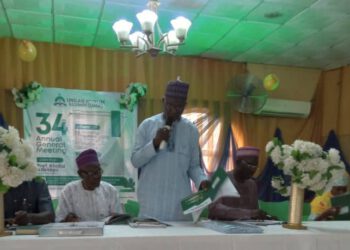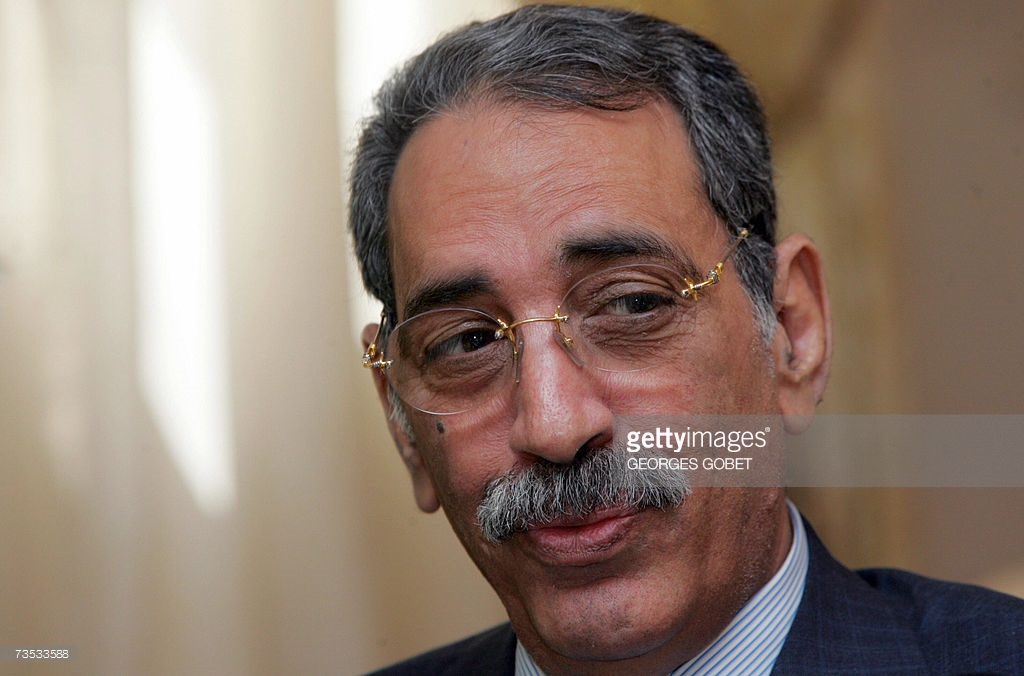
The federal government has been charged to accord premium attention to the rising cases of sudden death from heart attacks in the country, which is also the major killer in the world at the moment.
Similarly, Nigerians have been advised to adopt a healthy lifestyle and shun all acts that could escalate heart attacks in them.

Senior Lecturer and Consultant Family Physician at College of Medicine, University of Lagos and Lagos University Teaching Hospital (LUTH) Idi-Araba, Dr Abdulmajeed Babatunde Akodu gave this advice during the fifth webinar on heart attacks organized by the University of Lagos Muslim Alumni.
He said the body requires an adequate supply of blood to function well, adding that the absence of this is what leads to heart attacks.
Dr Akodu explained that there are two arteries in the human body, saying the one that is faulty could be determined by the symptoms a patient presents.
He, however, noted that chest pains are synonymous with heart attacks, adding that people who suffered from it were oblivious of it until it escalates.
Dr Akodu said that people who live in countries with extreme cold are prone to heart attacks, adding that people with underlying health issues may find it difficult to benefit from resuscitation.
He said further, “People don’t take note of their health conditions, reason for routine checks. Heart attack is very difficult to diagnose as neck pains or irritations could be a sign of heart attack just like abdominal pains.”
Speaking on complications from heart attacks, the medical expert explained that a person who survived will suffer from heart failure or developing a blood clot that can cause a stroke or blindness. Surgical intervention could help the victim.
On the risk factors, Dr Akodu explained that smoking of cigarettes is the biggest of all, while stress and a high concentration of cholesterol could easily escalate the disease.
He, therefore, recommends that Nigerians should cultivate the habit of long walks, exercise, while also saying no to fried foods. Those with high blood pressure, hypertension, obesity are prone to heart attacks, while it is very common in males than females.
One of the ways, according to the expert, to reduce the risk of heart attacks is regular fasting and a proper sleeping pattern on the right side of the body and not the left, which has the heart.
The consumption of aspirin was also recommended when it has been confirmed that the patient is suffering from a heart attack.
He stressed the need for the government to provide shock machines to revive victims in public places like it is done in a developed society, while a ban on tobacco and alcohol in public places was also necessary.
Education and health institutions should hold regular lessons on heart attacks, especially how to administer first aid to the victim.
On his part, President of University of Lagos Muslim Alumni, Prof Khalid Adekoya described heart attack as a serious medical emergency when blood stops flowing into the heart.
According to him, more than 1.5 million cases of heart attacks in Nigeria are linked to high blood pressure.
More than 35% of Nigerians have been diagnosed with high blood pressure. This is from a research report in 2020. This figure tends to be on the rise due to the prevailing socioeconomic conditions of Nigerians as well as predisposing genetic makeups and lifestyles of the populace.
He promised that the UMA will continue to pay attention to matters that will be of immense benefit to the Muslim community and the nation at large.
A member of UMA Board of Trustees, Alhaji Rasaq Oladejo thanked the lecturer for a comprehensive analysis of the subject matter.
According to him, “The session was good for all of us, especially those older ones. The number of participants was also very impressive, with about 160. This shows results from the publicity of the webinar by the leadership of UMA.”
There was an elaborate interactive session by participants that covered suggestions as well as questions and answers.
Mallam Yusuf Olaolu Ali, SAN, gave a goodwill message, charging the leadership of UMA to do more and encouraged other alumni bodies to take a cue from UMA in organizing this kind of program for the benefit of the Muslim community and the nation at large.



















